The Chicago Trifecta
At the University of Chicago, three landmark statements—the Kalven Report, the Chicago Principles, and the Shils Report—have become guiding documents for universities committed to free expression, institutional neutrality, and rigorous scholarship.
The Kalven Report (1967) affirms that universities must remain institutionally neutral on political and social issues to protect their role as a forum for diverse views.
The Chicago Principles (2014) are a clear, modern articulation of a university’s obligation to safeguard free speech—even when it is controversial or uncomfortable.
The Shils Report (1972) outlines the principles of faculty appointment and promotion rooted in merit and intellectual excellence, not ideology.
Together, these documents form a powerful framework for protecting open inquiry, intellectual diversity, and academic integrity. As more colleges face pressure to abandon these values, the Chicago Trifecta offers a proven model worth defending—and replicating.
The Chicago Trifecta: A Foundation for Academic Freedom
The Kalven Report (1967) affirms that universities must remain institutionally neutral on political and social issues to protect their role as a forum for diverse views.
The Chicago Principles (2014) are a clear, modern articulation of a university’s obligation to safeguard free speech—even when it is controversial or uncomfortable.
The Shils Report (1972) outlines the principles of faculty appointment and promotion rooted in merit and intellectual excellence, not ideology.

The Time is Now for change at Harvard
UVA has fallen into a monoculture that rejects the free exchange of competing ideas. Check out the stories that you might not hear from the official channels.



